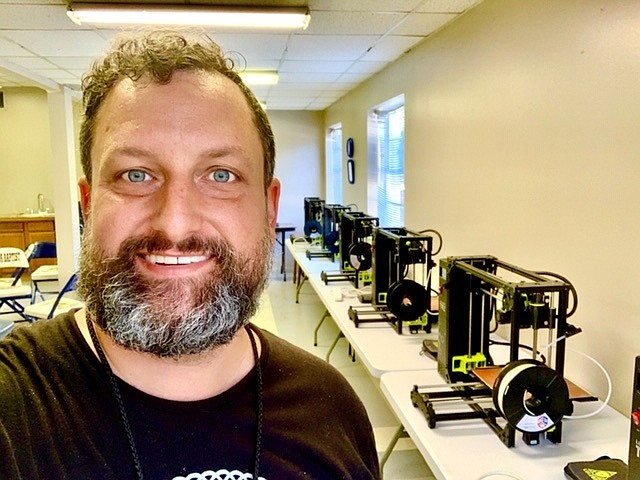- December 15, 2025
-
-
Loading

Loading

It's not only companies that are rising to meet manufacturing demands of the coronavirus crisis. Volunteers are doing it too, and some are using businesslike principles, including a focus on efficiency and maximizing production.
One such effort in Tampa Bay, dubbed MRG 3D, uses 3D printers to make face shields for area medical professionals and first responders.